中央媒体走基层|《中国日报》Yunnan sprouting into nation's 'vegetable basket'



Yunnan sprouting into nation's 'vegetable basket'
Poverty alleviation model expanded to enrich one of China's most fertile provinces
Long known for its breathtaking landscapes and ethnic diversity, Southwest China's Yunnan province is emerging as a national leader in specialty agriculture, transforming its once-impoverished rural regions into engines of economic renewal.
From sweet apples in Zhaotong to traditional cured meats in Xuanwei and leafy vegetables in Luliang, the highlands are cultivating not only crops, but also opportunities for the 88 counties in the province that have been lifted out of poverty.

Farmers pick apples at a production base of Zhaotong Chaoyue Agriculture in Zhao tong, Yunnan province. XU JING/FOR CHINA DAILY
Fruitful harvest
Perched on the Yunnan-Guizhou Plateau and located in the heartland of the Wumeng Mountains in the northeast of the province, Zhaotong was once a city with the largest impoverished population in China.
Now, it is Southwest China's largest producer of apples thanks to its low latitude, high elevation, generous sunshine and dramatic daily temperature swings. These ideal growing conditions have made Zhaotong's apples sweet, crisp and nationally recognized.
With nearly 66,700 hectares under cultivation, Zhaotong harvested 1.3 million metric tons of apples last year, generating a revenue of 15 billion yuan ($2.07 billion). The apple industry has directly benefited 138,000 households, touching the lives of over half a million residents, according to local officials.

Two farmers divide apples of various sizes into different categories at an orchard in Zhaotong in September. CHEN XINBO/XINHUA
In April of last year, apples from Zhaotong made headlines when they were included in the fresh food supply aboard the Shenzhou XVIII spacecraft.
A major individual orchard in Zhaotong's Zhaoyang district covers 6,670 hectares with 118 apple varieties, one of the largest of its kind. Yang Longjiang, director of the district's industry development center, said advanced agricultural techniques learned from New Zealand and elsewhere are yielding world-class results.
"The orchard applies dwarf root-stocks that yield fruit faster and uses an integrated drip irrigation system that can precisely deliver water and fertilizer, conserving precious resources," Yang said.
"Combined with monthly wages from working at the base, we can earn 80,000 yuan a year and live a better life," said Ding Kaiwen, a former tobacco farmer who works in the orchards with his wife. Their family also receives an annual land lease payment of 14,400 yuan.
The district's agricultural officials report that formerly impoverished households have seen average income increases of 4,800 yuan thanks to the apple boom.
Branding has also played a crucial role in the success of the local apple industry. The Zhaoyang Red, one of the region's signature apple brands, has earned 93 green food and multiple organic certifications, paving the way for exports to the United Arab Emirates, Thailand and beyond.
Premium supermarket chains such as Sam's Club and Freshippo stock Zhaotong apples, selling at 8 to 14 yuan per kilogram. Orchard tourism and fruit-picking festivals have also emerged to breathe new life into local economies.
High-tech ham
Xuanwei ham, a dry-cured specialty with a legacy dating back centuries, is another Yunnan food specialty that has found its place on the dinner tables of Chinese consumers. It sits alongside Italy's Parma ham and Spain's Iberico ham. In 2023, the pig farming and ham industry in Xuanwei generated over 18.5 billion yuan, producing nearly 70,000 tons of ham and lifting thousands of households out of poverty.

Cured meats are air-dried at a production base of local manufacturer Lap-Jon Ham in Xuanwei, Yunnan province. [Photo provided to CHINA DAILY]
Zhou Jianmei, quality control manager at leading brand Lap-Jon Ham, recalls the moment they realized tradition alone wouldn't be enough. "We knew the quality of our pigs was top-tier, but our production chain lagged behind Europe. So we went there to learn."
Inspired by European models, Lap-Jon Ham invested 360 million yuan into advanced facilities, importing Italian fermentation systems and automating the aging process to allow year-round production.
A modern factory capable of producing 3,200 tons of premium ham annually has been built, alongside salami and ham-filled pastries. Last year, the company reported an output value of 478 million yuan and created over 600 local jobs.
"We learned from the refined, standardized production processes abroad and adapted them to the unique characteristics of Xuanwei ham," Zhou said.
According to government data, over two-thirds of Xuanwei's 330,000 rural households are involved in pig farming. Their average incomes rose by 28,100 yuan in 2023, while 36,000 families previously living in poverty saw an average annual increase of 4,300 yuan.
Six "ham manors" in the city have further boosted income for 2,800 households and created more than 500 jobs, with average monthly wages hitting 4,500 yuan.
Zhou said the primary challenge now is popularization. While beloved in parts of southern China where cured meat has long been a traditional delicacy, Xuanwei ham remains unfamiliar in the country's north.
"When you mention 'ham' in the north, many people still think of processed sausage," she said, adding that better awareness among Chinese consumers in the future is expected to expand the market.
Leafy ambitions
The agricultural reinvention of Yunnan extends to the vast, fertile plains of Luliang county in Qujing, the largest flatland on the Yunnan-Guizhou Plateau.

A farmer harvests Chinese broccoli at a plantation in Luliang, Yunnan province, in January last year. WANG YONG/FOR CHINA DAILY
The unique geography and climate of the county in the east of the province have made it an agricultural powerhouse, and the thriving vegetable industry is feeding cities across China and reaching tables as far away as Dubai.
With 6,000 hectares of cultivated land yielding 2.45 million tons of vegetables in 2023, Luliang generated 7 billion yuan, nearly half the county's total agricultural output.
The region has an average annual temperature of 15.2 C, a frost-free period of 335 days, fertile soil and abundant water resources, making year-round production of vegetables possible.
"Thanks to these favorable natural conditions, we can grow a wide variety of fresh, eco-friendly vegetables all year round," said Zhang Raofang, deputy director of Luliang's agriculture and rural affairs bureau.
Italian lettuce, romaine, napa cabbage and Shanghai bok choy are among the stars of the leafy industry. About 93 percent of its harvest is shipped to markets from Beijing to Dubai, Zhang said.
Advanced infrastructure has contributed to the success of the industry. Home to Southwest China's largest cold-chain logistics park, the county dispatches 10,000 tons of vegetables daily, serving the Guangdong-Hong Kong-Macao Greater Bay Area and elsewhere. In 2023, its import-export vegetable trade reached $5.16 million, a 237 percent year-on-year increase.
"The lettuce grown here is thick, crisp and of excellent quality," said Zhang Zixiong, chairman of Yunnan Yuanheng Agricultural Development Corp. His company manages 180 hectares and works with local farmers on another 1,333 hectares.

Farmers reap seasonal vegetables in a field in Luliang in May. WANG YONG/XINHUA
The company recently expanded its export markets to Southeast Asia and the Middle East and has hired young college graduates majoring in foreign languages to help manage its business overseas.
Huang Hongdong, a major vegetable producer in the county, cultivates 6.67 hectares of Chinese arrowhead (Sagittaria sagittifolia), an aquatic tuber known as cigu in Chinese. "Half of our products now go to Malaysia. They really value the taste and quality," Huang said.
The vegetable industry employs 210,000 people in Luliang, from planting and processing to packaging and transport, boosting average household incomes by over 28,000 yuan a year, according to Zhang from the agriculture bureau.
As demand for safe, high-quality vegetables grows, Luliang is playing a greater role in both China's national "vegetable basket" and the global food supply chain, he added.
This year marks the final stage of a five-year transition period aimed at consolidating the gains made in poverty alleviation and ensuring a seamless shift toward rural vitalization.
By cultivating high-quality agricultural specialties and expanding access to broader markets, residents in some of Yunnan's formerly poor regions have not only emerged from poverty but are embracing sustainable opportunities for long-term improvement in their lives.
来源:中国日报


(责任编辑:休闲)
-
9月1日施行!国家发改委《固定资产投资项目节能审查和碳排放评价办法》印发
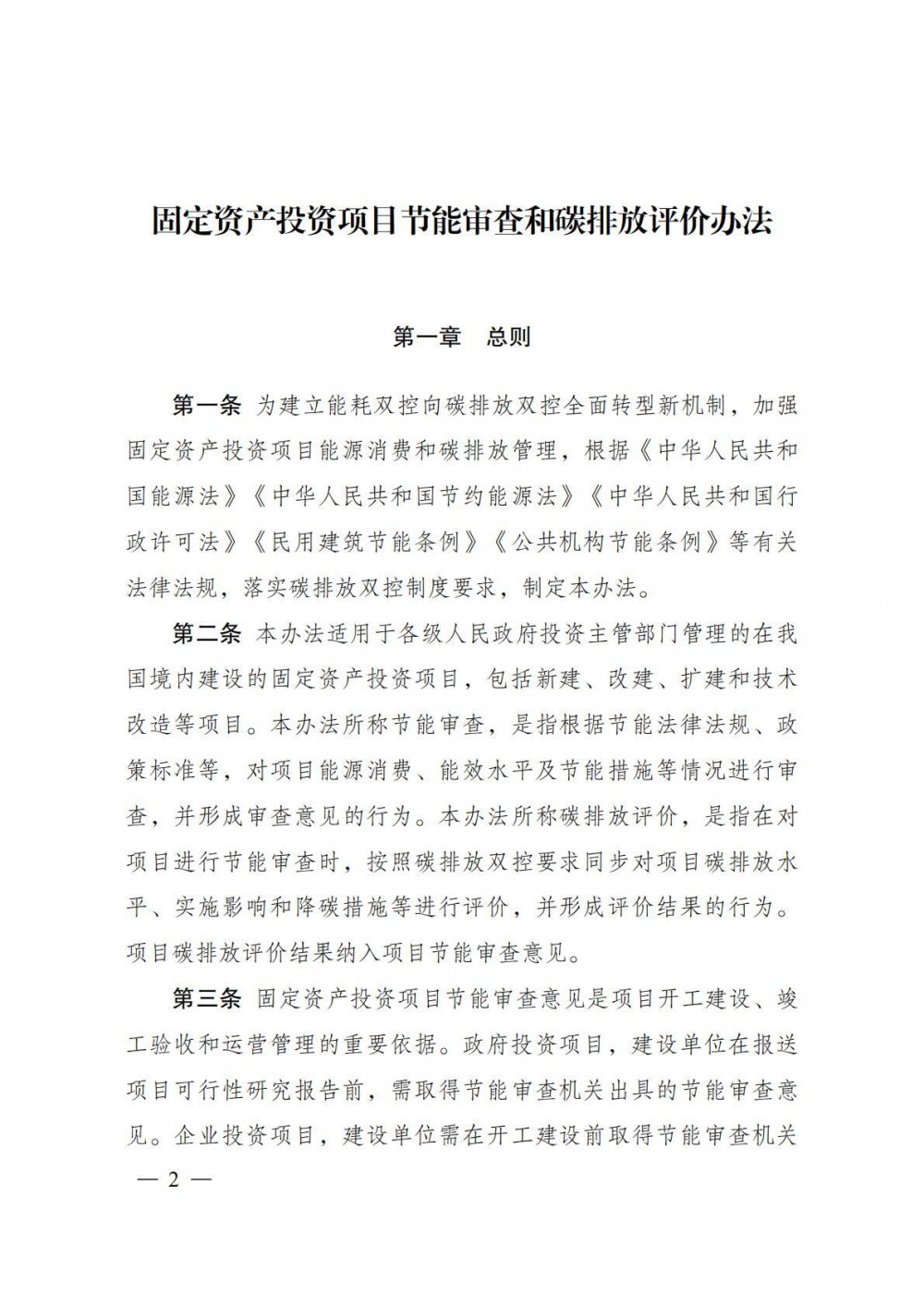 7月25日,中华人民共和国国家发展和改革委员会令第31号《固定资产投资项目节能审查和碳排放评价办法》印发。办法指出,建立节能审查权限动态调整机制。重点领域年综合能源消费量电力折算取高值)或年煤炭消费量
...[详细]
7月25日,中华人民共和国国家发展和改革委员会令第31号《固定资产投资项目节能审查和碳排放评价办法》印发。办法指出,建立节能审查权限动态调整机制。重点领域年综合能源消费量电力折算取高值)或年煤炭消费量
...[详细]
-
 10岁儿子淘气致妈妈“离家出走” 孩子向交警求助发布时间:2017-10-05 14:03 来源:豫都网 我要投稿[摘要]家住新密市区的男孩小伟,一时淘气惹怒了妈妈。看到妈妈带着妹妹打的“离家出走”,
...[详细]
10岁儿子淘气致妈妈“离家出走” 孩子向交警求助发布时间:2017-10-05 14:03 来源:豫都网 我要投稿[摘要]家住新密市区的男孩小伟,一时淘气惹怒了妈妈。看到妈妈带着妹妹打的“离家出走”,
...[详细]
-
 根据泉州人祭扫的习俗,清明节前10天和后10天为扫墓期,也就是说,从今日起进入扫墓期。昨日,记者了解到,今年清明,泉州殡葬服务机构内骨灰楼和公墓实行分日期分时段预约祭扫,同时倡导轻车简从,避免造成人员
...[详细]
根据泉州人祭扫的习俗,清明节前10天和后10天为扫墓期,也就是说,从今日起进入扫墓期。昨日,记者了解到,今年清明,泉州殡葬服务机构内骨灰楼和公墓实行分日期分时段预约祭扫,同时倡导轻车简从,避免造成人员
...[详细]
-
天下財經週報:中國疫情、俄烏戰爭夾殺,衝擊台灣出口?|天下雜誌
 台商重鎮深圳與東莞接連封城,中國強硬的清零政策,將增加國際供應鏈風險。經濟部即將公布台灣2月出口訂單數字,俄烏戰爭是否衝擊台灣優異的出口表現,就看2月的出口數字。國際糧價屢創創新高,多國實施糧食出口禁
...[详细]
台商重鎮深圳與東莞接連封城,中國強硬的清零政策,將增加國際供應鏈風險。經濟部即將公布台灣2月出口訂單數字,俄烏戰爭是否衝擊台灣優異的出口表現,就看2月的出口數字。國際糧價屢創創新高,多國實施糧食出口禁
...[详细]
-
 着力打通“最后一公里”公共文化服务将更显公益性为了打通公共文化服务“最后一公里”,市文旅局、市教育局、市体育局、市总工会、团市委、市妇联、市科协日前联合
...[详细]
着力打通“最后一公里”公共文化服务将更显公益性为了打通公共文化服务“最后一公里”,市文旅局、市教育局、市体育局、市总工会、团市委、市妇联、市科协日前联合
...[详细]
-
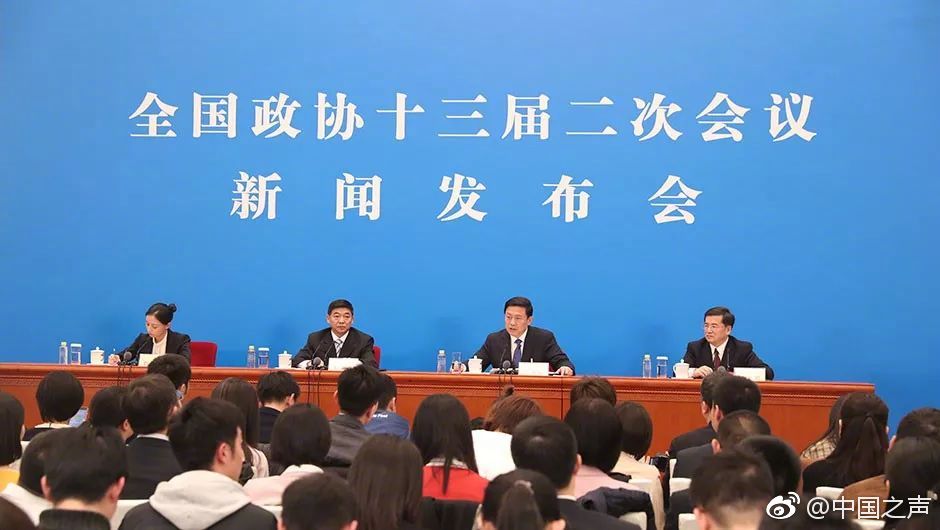 本报讯 记者 林铭珊)“以前要来回跑三四趟,今天交房就领证,真是方便。”25日,泉州市区宝洲壹号院小区,查房确认后,业主吴小姐在小区内就拿到了不动产登记部门颁发的不动产权证书,
...[详细]
本报讯 记者 林铭珊)“以前要来回跑三四趟,今天交房就领证,真是方便。”25日,泉州市区宝洲壹号院小区,查房确认后,业主吴小姐在小区内就拿到了不动产登记部门颁发的不动产权证书,
...[详细]
-
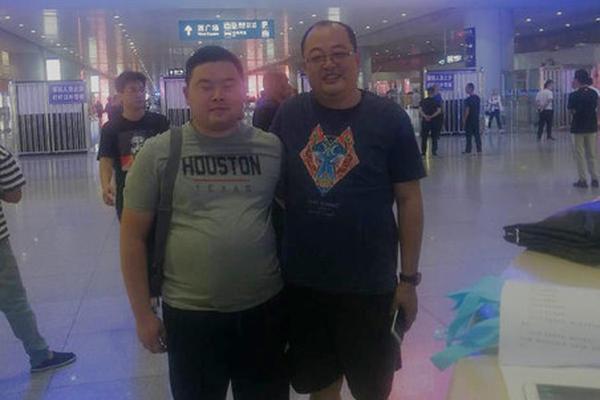 滁州网讯 近日,天长法院执行员章黎黎收到一条来自皖北张老汉孙子小张的短信,说:“章法官,爷爷让我告诉您,李某已经把钱全部打过来了,我父母的病情也有好转,谢谢!”2018年10月
...[详细]
滁州网讯 近日,天长法院执行员章黎黎收到一条来自皖北张老汉孙子小张的短信,说:“章法官,爷爷让我告诉您,李某已经把钱全部打过来了,我父母的病情也有好转,谢谢!”2018年10月
...[详细]
-
 易建联主动求变专注防守 高质量挡拆篮板赢信任发布时间:2017-07-13 12:12 来源:豫都网 我来说说 我要投稿[摘要]数据 投篮点 实录 评论 北京时间10月8日,新赛季NBA季前赛继续进行
...[详细]
易建联主动求变专注防守 高质量挡拆篮板赢信任发布时间:2017-07-13 12:12 来源:豫都网 我来说说 我要投稿[摘要]数据 投篮点 实录 评论 北京时间10月8日,新赛季NBA季前赛继续进行
...[详细]
-
厦门湖明路一饭店排烟管藏身绿化带 油烟直往外喷 路人也被熏到
 ▲油烟管道隐藏在绿化带里。海峡网讯文/图厦门日报记者 赵张昀)行人走在马路边,竟被油烟熏了一脸。湖明路上,几家餐饮店的排烟管道穿过绿化带,连通到马路上,每到吃饭时间,油烟都会熏到过路行人。近日,本报读
...[详细]
▲油烟管道隐藏在绿化带里。海峡网讯文/图厦门日报记者 赵张昀)行人走在马路边,竟被油烟熏了一脸。湖明路上,几家餐饮店的排烟管道穿过绿化带,连通到马路上,每到吃饭时间,油烟都会熏到过路行人。近日,本报读
...[详细]
-
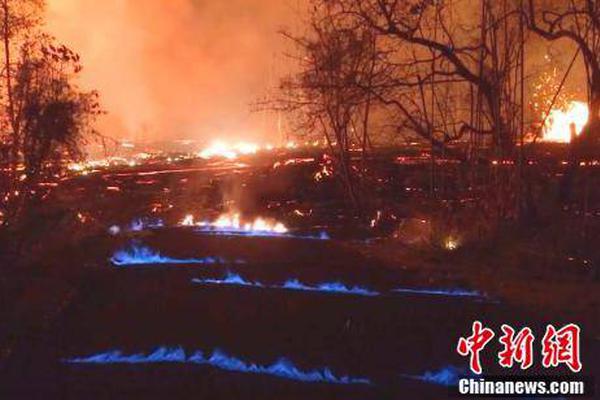 本报讯 记者 林铭珊)“以前要来回跑三四趟,今天交房就领证,真是方便。”25日,泉州市区宝洲壹号院小区,查房确认后,业主吴小姐在小区内就拿到了不动产登记部门颁发的不动产权证书,
...[详细]
本报讯 记者 林铭珊)“以前要来回跑三四趟,今天交房就领证,真是方便。”25日,泉州市区宝洲壹号院小区,查房确认后,业主吴小姐在小区内就拿到了不动产登记部门颁发的不动产权证书,
...[详细]

 着力打通“最后一公里” 泉州推进公共文化资源开放共享
着力打通“最后一公里” 泉州推进公共文化资源开放共享 上礼盒,贺新岁, 备战吉祥兔年,牛加加在您身边!
上礼盒,贺新岁, 备战吉祥兔年,牛加加在您身边!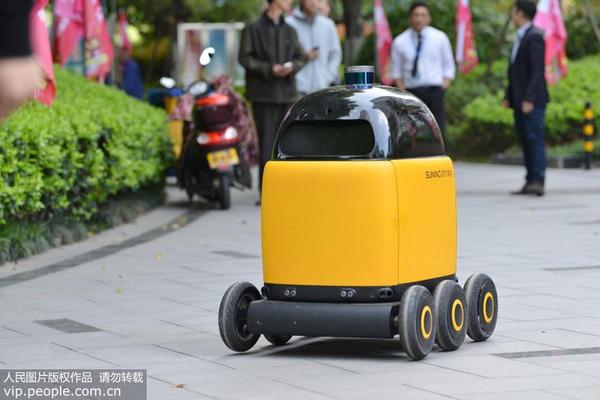 刷视频相认的双胞胎姐妹:两次创业失败 但能相认便是幸运
刷视频相认的双胞胎姐妹:两次创业失败 但能相认便是幸运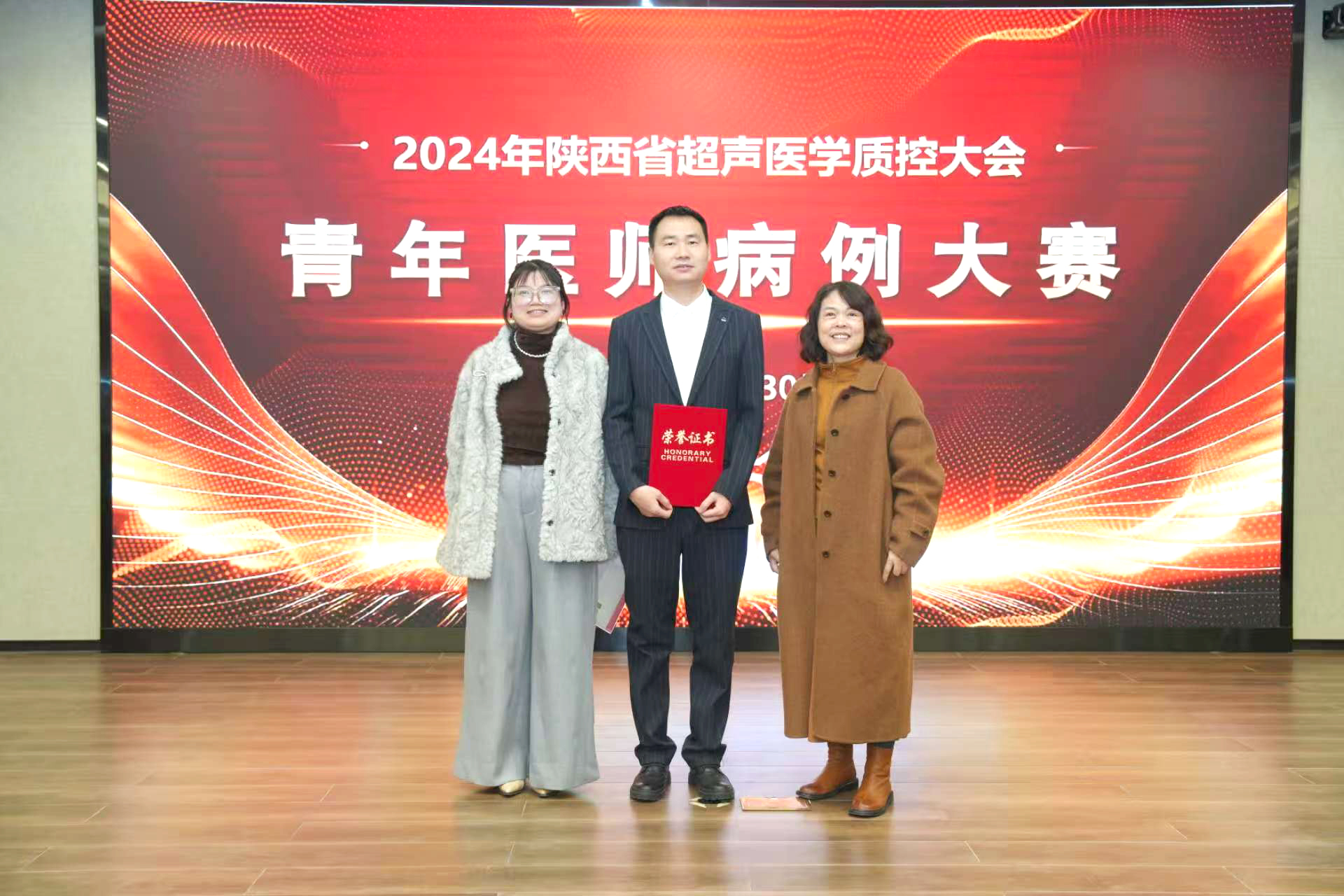 汉阴县人民医院在超声医学青年医师病例大赛中荣获佳绩
汉阴县人民医院在超声医学青年医师病例大赛中荣获佳绩 《明末:渊虚之羽》好评率升至38% 销售额或破4.2亿元
《明末:渊虚之羽》好评率升至38% 销售额或破4.2亿元
